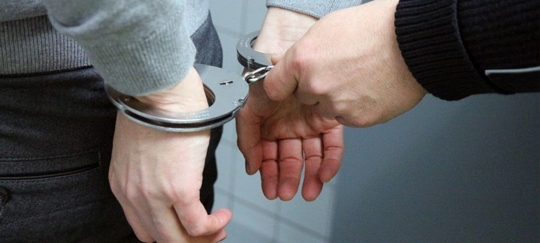Getting arrested can be a chaotic, scary, and emotional time. Things can happen quickly and after the fact, it can seem like a blur. Many of our clients come to us with questions after they’ve been arrested and today, we want to share those answers with you.
1. Was I arrested?
You are under arrest if an officer takes you into custody, meaning that you reasonably believe you are not free to leave. Simply coming in contact with a police officer does not necessarily mean you were arrested. If you were placed in handcuffs, you were arrested.
2. Can I get a copy of the police report?
When someone is arrested, the officer will write a police report. An attorney can obtain a copy of that report through a process called discovery, meaning your attorney would request a copy from the prosecutor. You may, however, not be able to obtain a copy yourself but you will be able to review a copy of it in your attorney’s office.
3. What should I expect on my first court date?
In State Court, your first court date will probably be your arraignment. You will want to arrive a few minutes early to give yourself plenty of time to arrive, park and find the courtroom. If you are not present when the judge calls your name, it could cause a headache. You should dress professionally. Do not wear shorts, tank tops or hats and do not chew gum while you are in the courtroom. The better you dress, the better your first impression will be on the judge. You will be arraigned and asked to enter a plea of guilty or not guilty. If you have not consulted with an attorney prior to your court date, pleading guilty could have unintended consequences on your case.
4. Will I get a bond?
You may or may not be granted bond. This depends, in part, on the seriousness of the case. If you do not immediately get bond, you may be able to request one at a future date. If you do get a bond, you can post 10% of that bond with a bail bonding company but you will not get that money back; if you post cash bail with the court directly, you will get that money back at the end of the case.
5. Do I have to go to trial?
You may or may not choose to take your case to trial. To avoid trial, you could plead guilty – however, that will have serious consequences and that decision should not be made lightly. In addition, it may be possible to negotiate a deal with the prosecutor that avoids going to trial. Deciding whether or not to go to trial is a decision you should make with your attorney and ensure you understand the potential consequences of that decision.
Questions about your upcoming court date or an encounter you had with the police? Give us a call.

